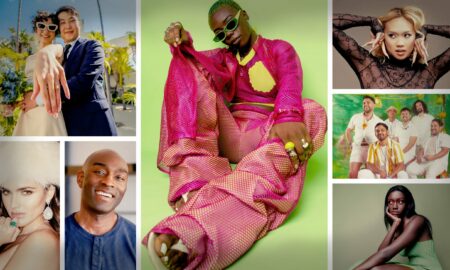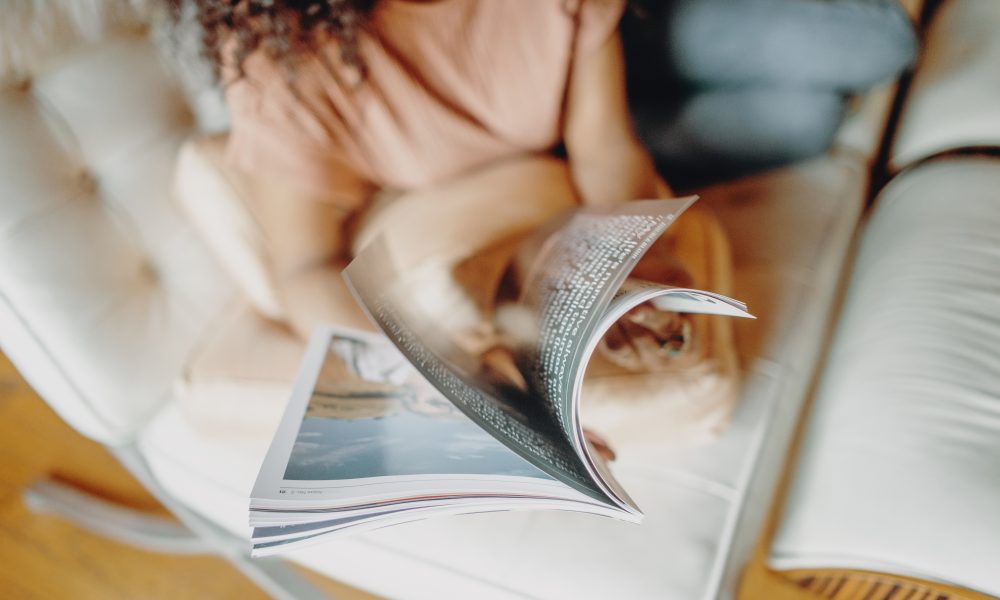

Today we’d like to introduce you to Shelby Hartman.
Hi Shelby, thanks for sharing your story with us. To start, maybe you can tell our readers some of your backstory.
Well, I’ll start at the very beginning. I’ve had journals since I learned how to write at around seven years old. I always loved observing the world around me and hearing the stories of others, so journalism made sense. When I began college, I romanticized it as the “fourth unofficial branch of the government”—and felt it was crucial for both holding officials accountable and encouraging critical discourse. Around the same time, I discovered psychedelics and existentialism, texts like “Thus Spoke Zarathustra” by Nietzsche. For years, I pursued a career in journalism while I, personally, embarked on a spiritual path with meditation, psychedelics, and philosophy. Around the time that California was considering legalizing cannabis for recreational use, I was offered a gig covering cannabis for LA Weekly—and that was when my professional and personal paths merged. About two years later, I had the idea for DoubleBlind, the magazine I started, which covers the rapidly growing psychedelic movement.
Would you say it’s been a smooth road, and if not, what are some of the biggest challenges you’ve faced along the way?
Definitely not! Most people probably know that the journalism industry has been in crisis for more than a decade now—and I’ve felt that deeply. I’ve worked everywhere, from big newsrooms to media startups that have tried to figure out how they can create sustainable business models that fund meaningful reporting—and, as far as I can tell, most organizations have not figured it out. Many people I know who worked in journalism no longer do. I was also laid off from several organizations that basically ran out of money overnight. Running DoubleBlind has not been easy either. I feel grateful that we have gotten as far as we have, but I was essentially a journalist one day and then the CEO of a media startup the next. I’ve had to figure out how we can pay people living wages while doing the type of meaningful work we set out to do in an economic system that, frankly, feels like it’s set up for us to fail.
Can you tell our readers more about what you do and what you think sets you apart from others?
I sometimes tell people I’m a journalist turned entrepreneur, although I’m a bit allergic to the word “entrepreneur” because I think it’s often associated with folks who prioritize profit and growth over purpose. I was a reporter and editor my whole career. Then, one day, while meditating, I had the idea to start a magazine on psychedelics. That was the beginning and end of the idea. Over the last five years, I’ve learned about the business side of publishing—and it’s been disheartening and empowering all at once. I was never taught about the business side of publishing in journalism school, and I think most reporters don’t know about it. In the golden days of newsrooms, this was likely intentional: There was a separation of church and state to ensure that the reporting remained objective. But these days, I think it’s important for journalists to understand the economics of publishing because, unfortunately, it’s seeping into the reporting itself as newsrooms inevitably have to think about clicks and optimizing their content to be served up by third-party algorithms. This is a roundabout way of saying that I think the path I’ve walked as a journalist has been unique—and I’m proud of it and want to share what I’ve learned with others so we can keep good storytelling alive and thriving.
What do you like and dislike about the city?
I love the cultural diversity, nature, and unique history of Los Angeles. I love that I can go to a Korean spa one day and for Ethiopian food at night. I love that I can hike from the mountains in Altadena to the ocean trails looking out over Malibu. There is so much here. And yet, the city, for all its diversity, can be insular. Because so many people drive here, I find that they often go directly from one destination to another—and it doesn’t create as much opportunity for chance encounters or connection with communities outside the ones they’re already a part of. This can also create some disconnection from ongoing disparities. Los Angeles can be a beautiful place, but it can also be a lonely one, and the cost of living is exorbitant.
Contact Info:
- Website: doubleblindmag.com
- Instagram: https://www.instagram.com/doubleblindmag/
- Facebook: https://www.facebook.com/doubleblindmag
- Twitter: https://twitter.com/doubleblindmag
- Youtube: https://www.youtube.com/doubleblind

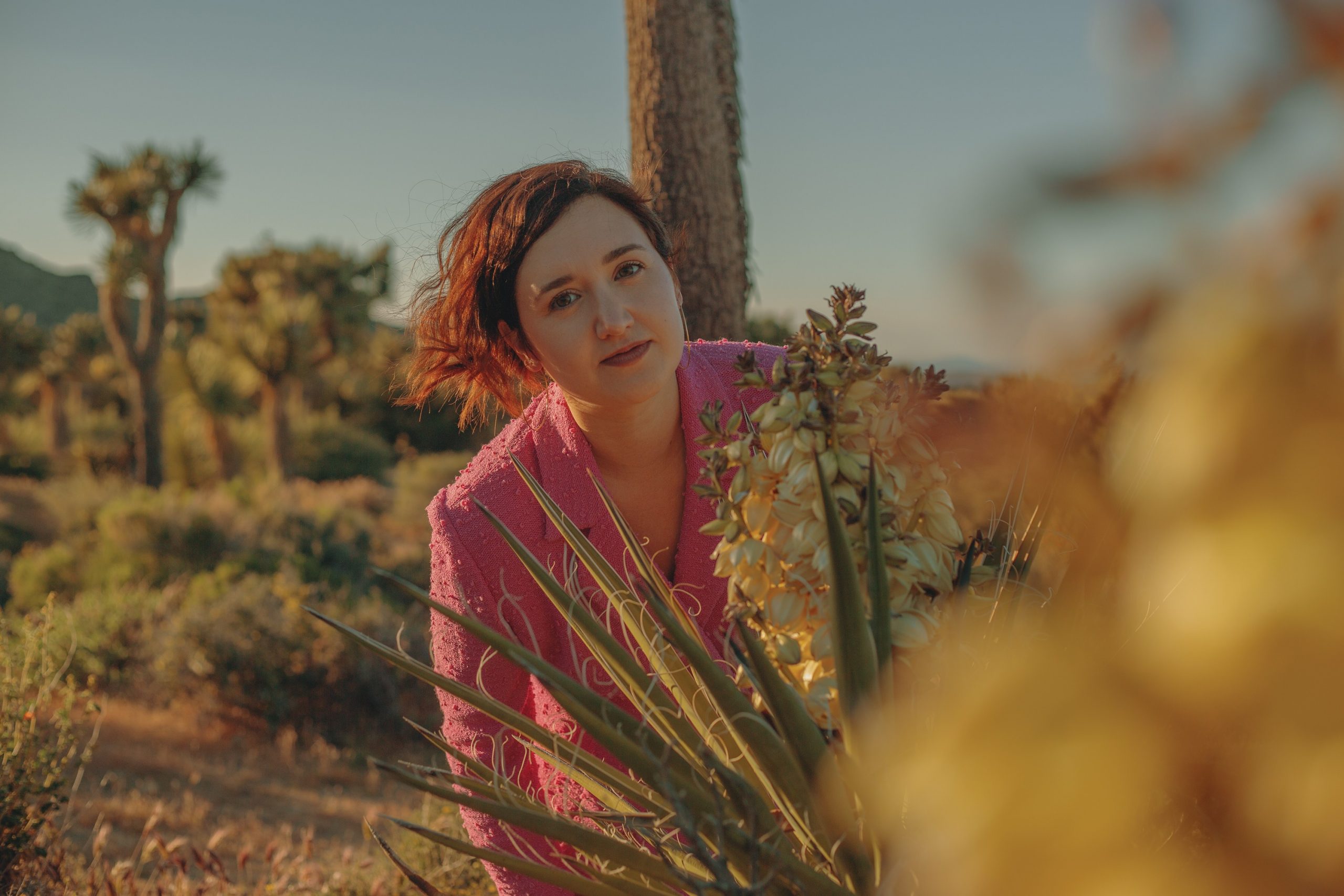
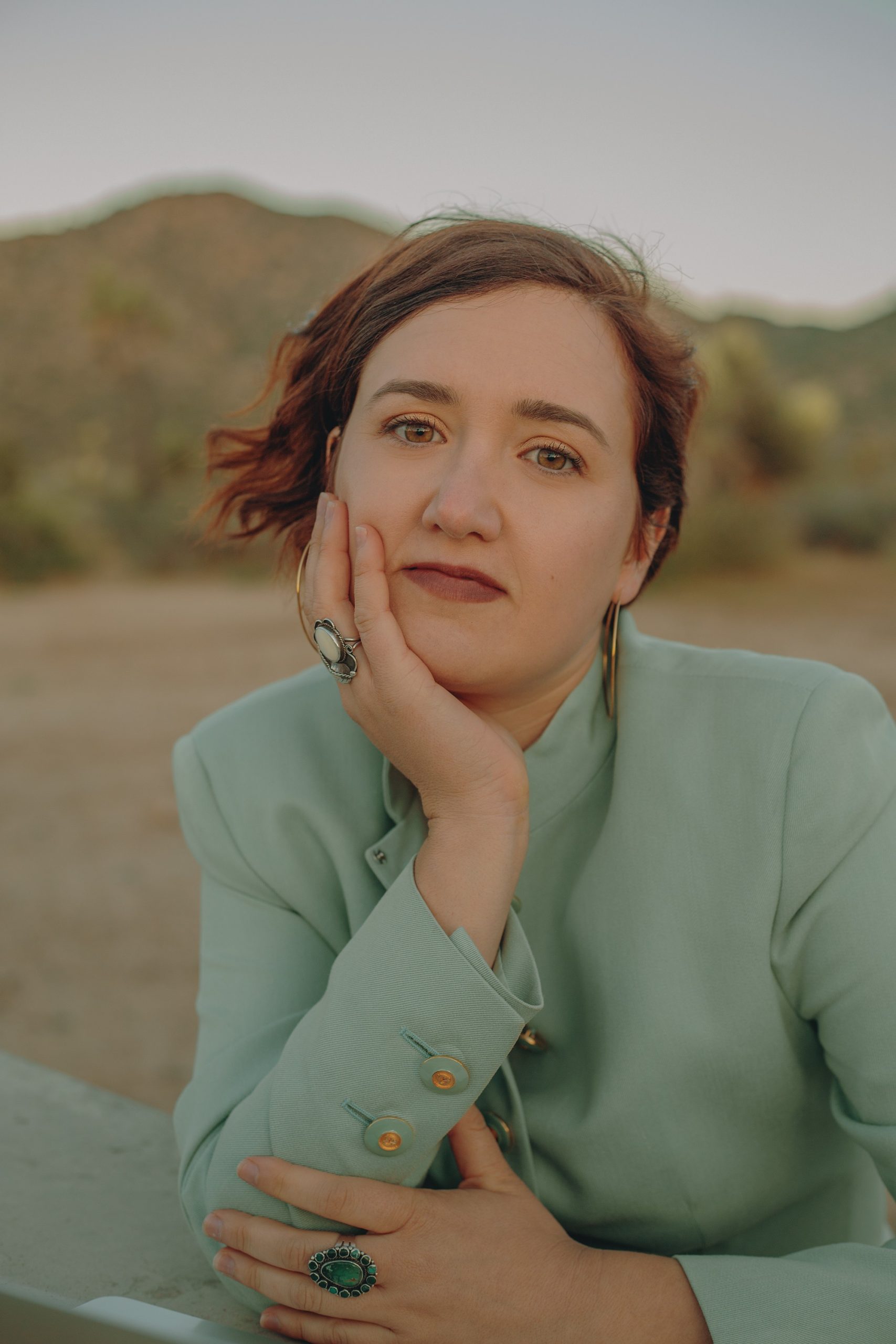

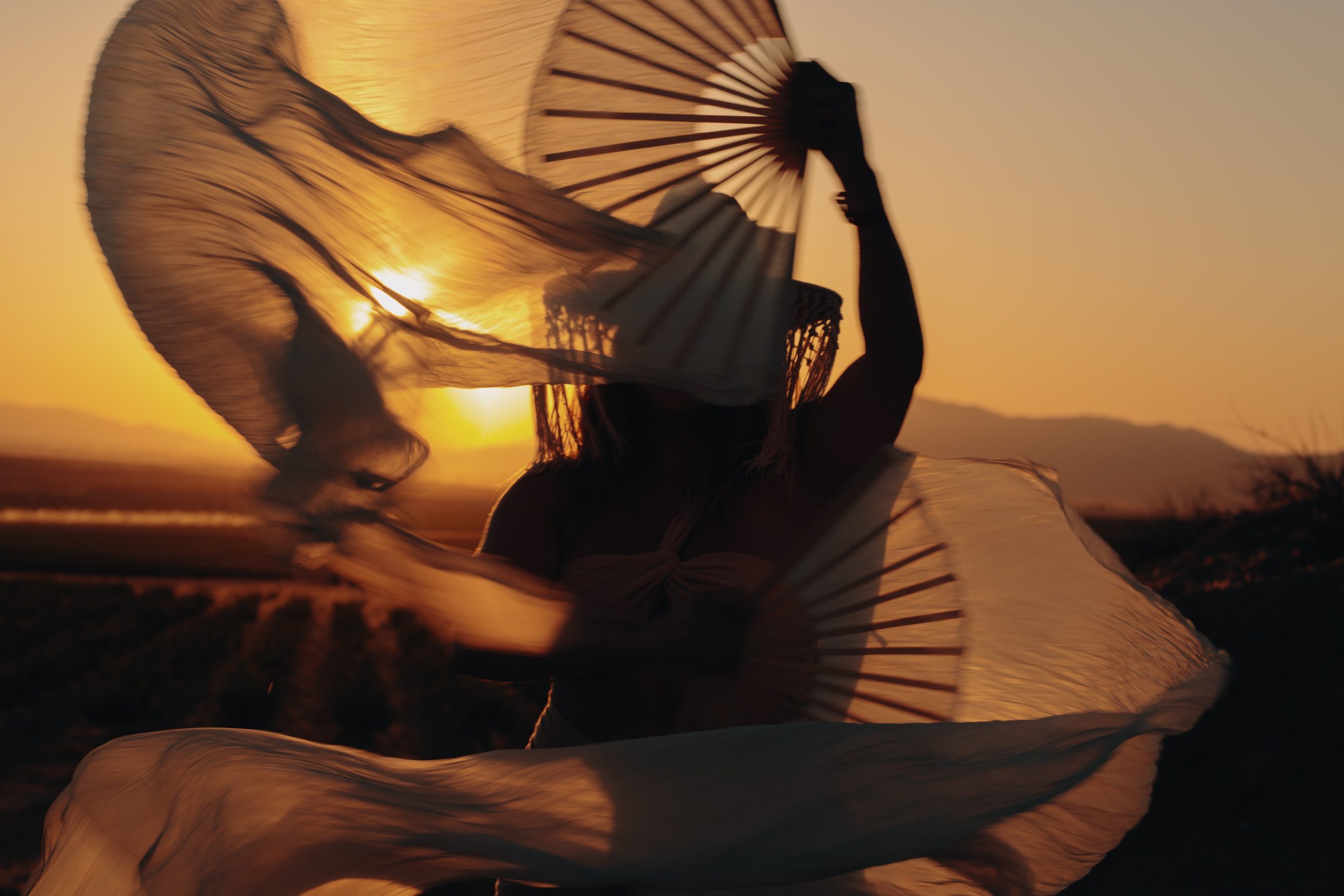

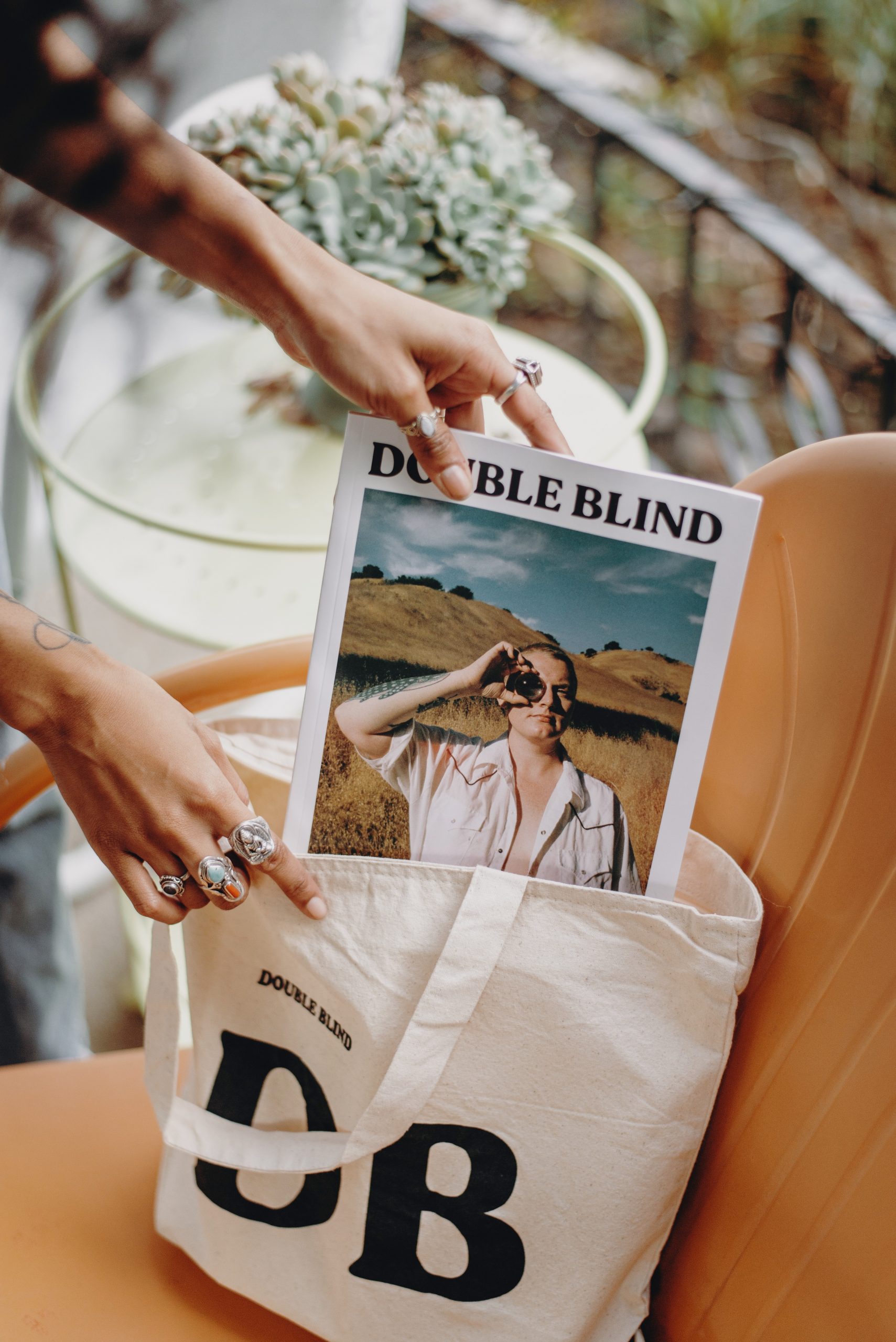
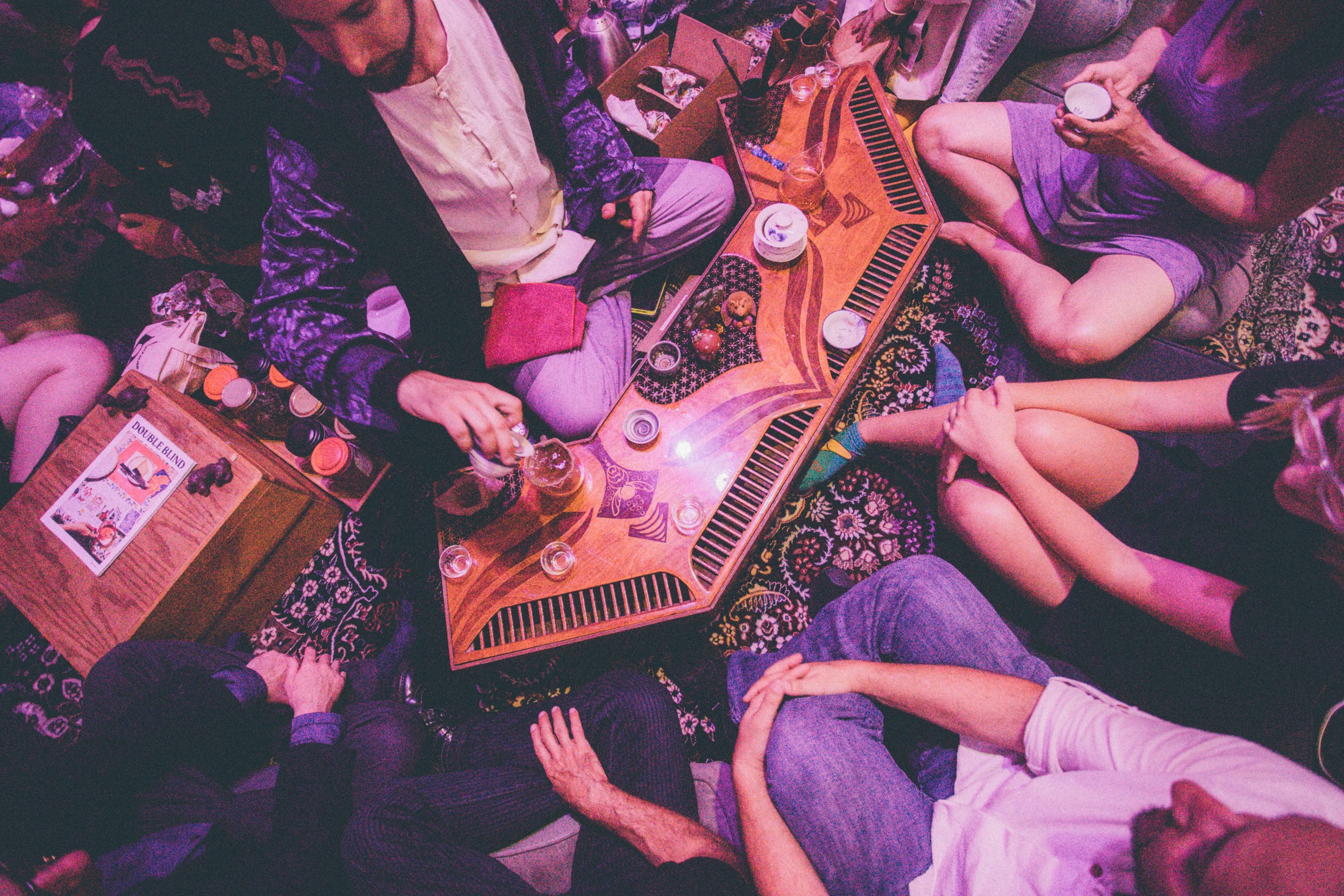
Image Credits
Georgia Love

